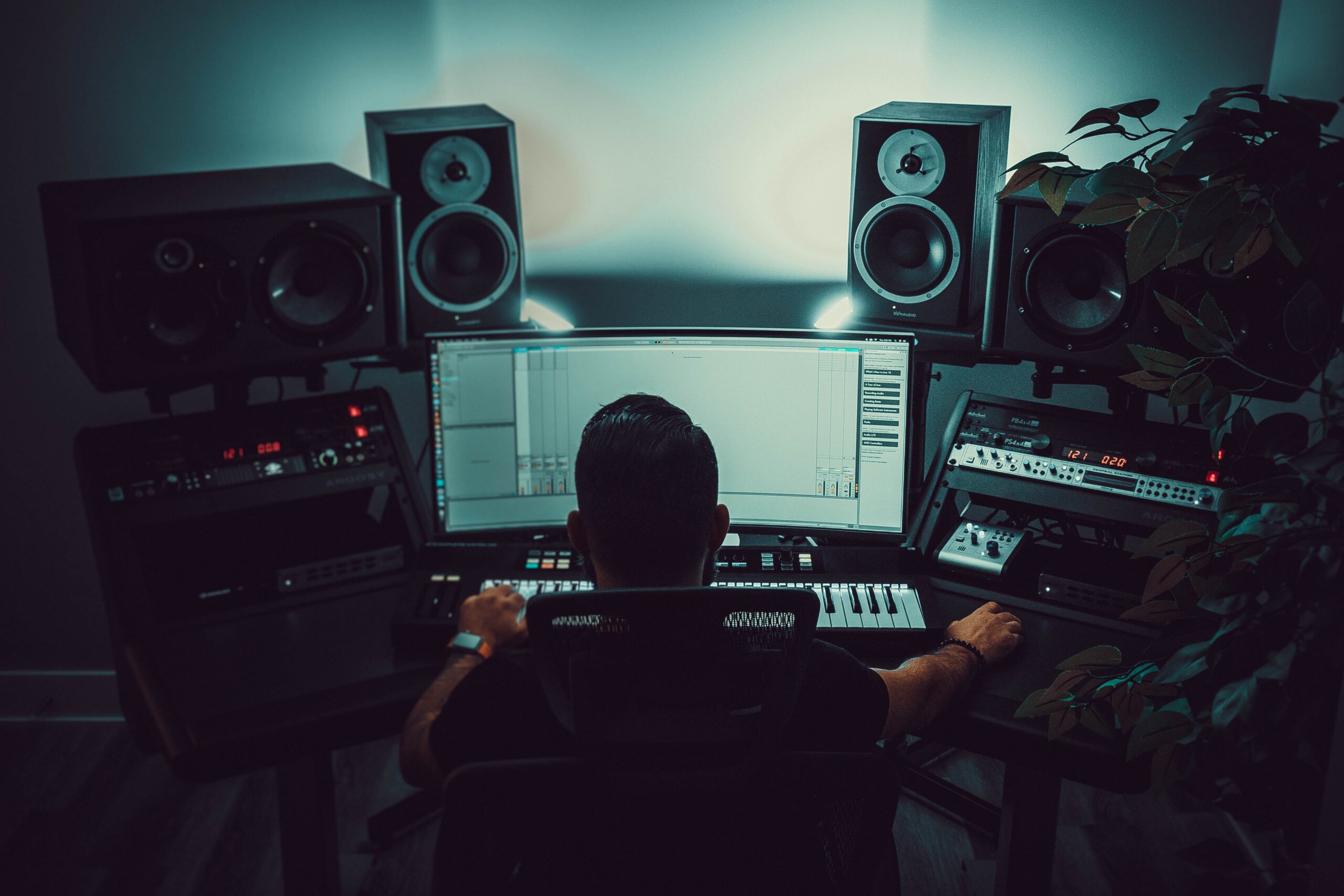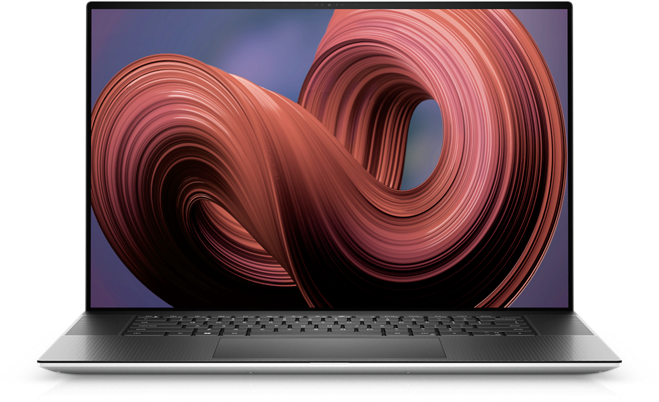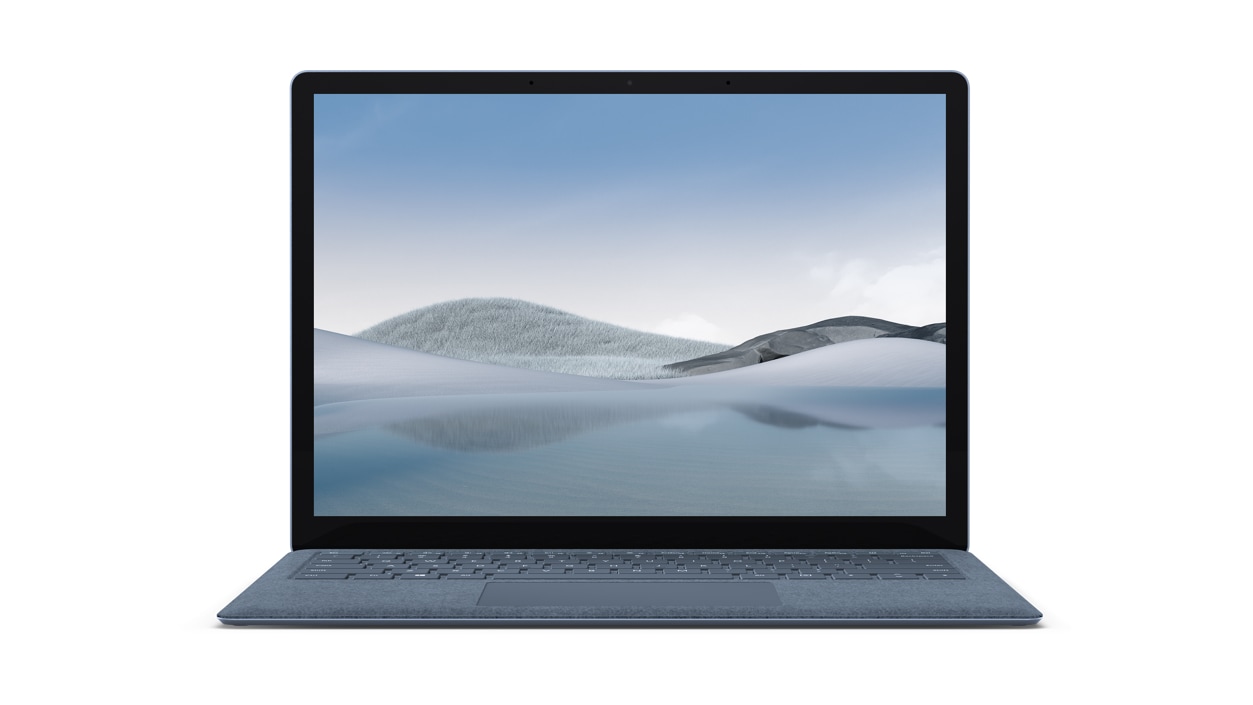Are you looking for the best laptop for music production? Laptops have emerged as essentials for music producers. They bridge the crucial gap between the robust capabilities of a studio and the flexibility of mobile setups. Artists are no longer confined to bulky desktops for producing high-quality music.
The modern music producer demands a harmonious blend of performance, portability, and versatility. This fusion must exist within the compact, efficient frame of a laptop. However, selecting the right laptop can be tricky. It involves diving into a few technical specifications to make sure you get the laptop that aligns with your creative needs.
Whether you’re a seasoned music producer, a DJ, or an aspiring artist, the laptop you choose is pivotal. It influences your creative workflow and output. In this article, we will explore the essential factors in choosing a laptop for music production and we’ll reveal our top picks to help you find the best model for you.
What to Look For in a Music Production Laptop
When selecting the ideal laptop for music production, several critical factors come into play. These elements are pivotal in ensuring that your chosen device meets the demands of modern music creation.
Operating System Compatibility
The first step is to consider the operating system. This choice often hinges on your preferred Digital Audio Workstation (DAW). For instance, Logic Pro X is exclusive to macOS, making a Mac a must-have for its users. Conversely, some plugins can only be run with a Windows operating system. It’s essential to align your laptop’s OS with the tools you plan to use.
RAM
RAM (Random Access Memory) is crucial for handling multiple tasks and processing large data sets efficiently. It’s expressed in gigabytes, with options ranging from 4 GB to 64 GB. For music production, where you might be playing several tracks simultaneously and using numerous effects, 8 GB is the minimum. However, 16 GB or more is optimal for more complex projects.
CPU
The Central Processing Unit (CPU) is the heart of your laptop, executing essential calculations and instructions. A high-speed, multi-core CPU ensures smoother and more efficient audio processing. Popular processors like Intel Core i9, Intel Core i7, and AMD Ryzen 9 are favorable choices.
Storage
Next, consider storage options. Digital Audio Workstations, software instruments, sample libraries and other music production applications require substantial space. Solid-State Drives (SSDs) are preferred over Hard Disk Drives (HDDs) for their faster read and write speeds, crucial for accessing large audio files quickly.
Display
A large, high-resolution display aids in navigating the complexities of DAW interfaces. While specific screen sizes aren’t mandatory to produce music, larger displays (15 inches and above) with resolutions of 1080p or higher can significantly enhance your workflow.
Connection Types
Finally, ensure the laptop has the necessary ports for your music production hardware. This includes USB, Thunderbolt, or FireWire connections for audio interfaces, microphones, and physical instruments. If the exact connection type isn’t available, using a hub or adapter can be a viable solution.
Top Laptops for Music Production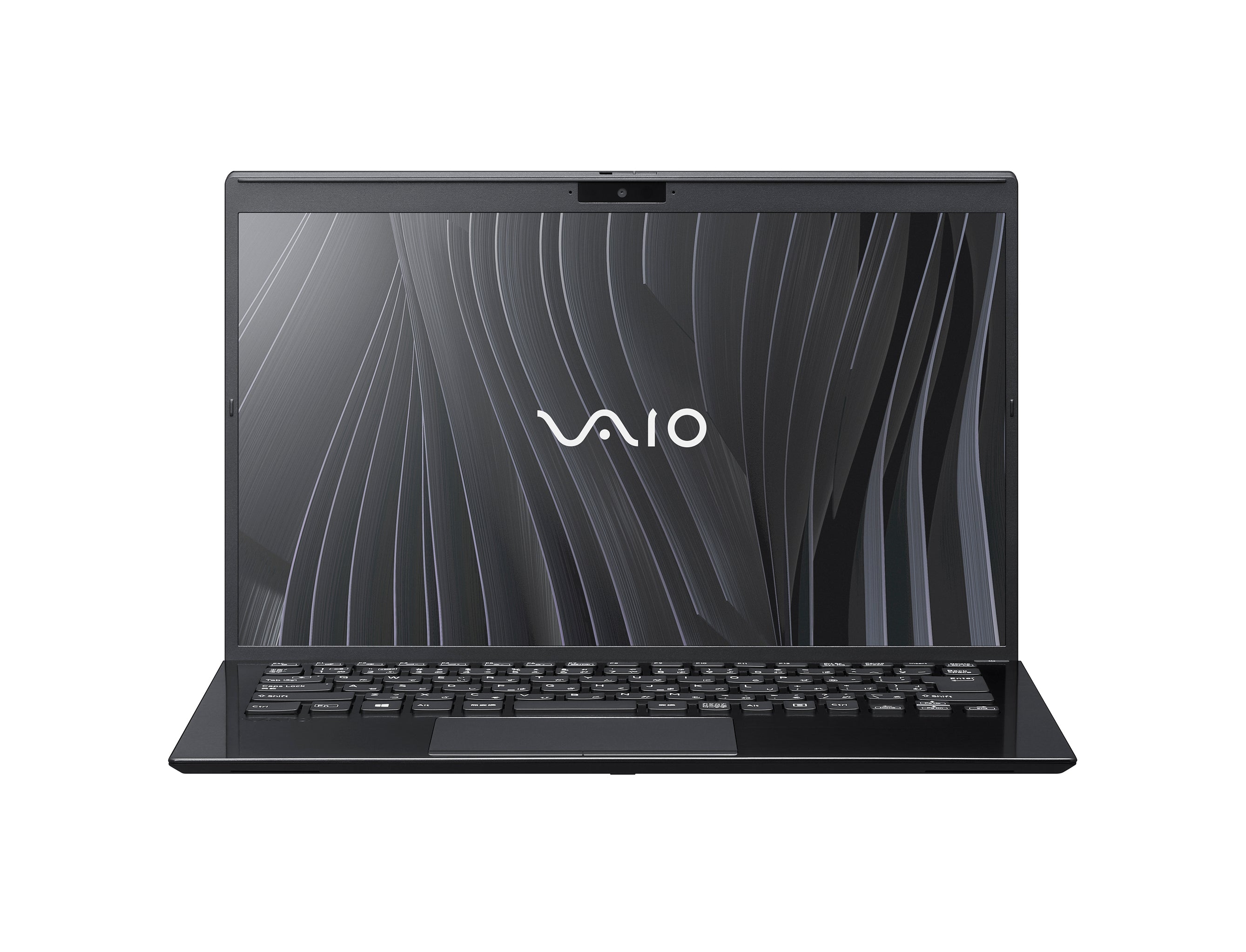
(Credit: Vaio)
1. VAIO SX14 (VJS146X0311B)
Leading our list is the VAIO SX14, a powerhouse for music production. This model boasts an Intel® Core™ i7-1360P Processor, capable of reaching up to 5.00 GHz, making it adept at handling complex audio processing tasks with ease. Its 16GB RAM ensures smooth multitasking and efficient handling of large project files.
The 14-inch FHD IPS Touch Display provides crisp, clear visuals, enhancing the user experience while navigating through intricate music production software. With a 1 TB PCIe Solid State Drive, storage concerns are virtually non-existent, allowing ample space for extensive sound libraries and projects.
Additionally, the VAIO SX14 features Intel® Iris® Xe Graphics, ensuring high-quality visual output, which is crucial when working with detailed audio waveforms and editing interfaces. The laptop’s fingerprint scanner adds an extra layer of security, and the HD Camera facilitates clear video calls, essential for remote collaborations.
The VAIO SX14 stands out for its blend of high-end performance, portability, and user-friendly features, making it the top recommendation for music producers seeking a reliable, efficient, and versatile laptop.
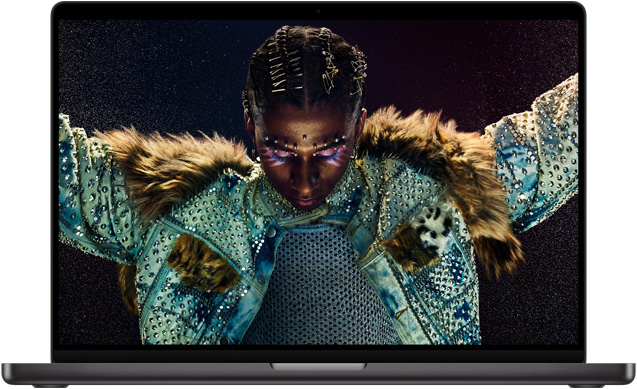
(Credit: Apple)
2. MacBook Pro 16″
Next on our list is the MacBook Pro 16″, a popular choice among music producers for its robust performance and stunning display. This laptop features the latest Apple M2 Pro or M2 Max chips, offering cutting-edge CPU and GPU capabilities. Its Liquid Retina XDR display supports an astonishing one billion colors, providing an unparalleled visual experience.
With an impressive battery life, the MacBook Pro 16″ is ideal for long production sessions, whether in the studio or on the go. Its solid build and high-quality components make it a reliable tool for handling demanding music production tasks, from complex arrangements to extensive sound engineering. The MacBook Pro 16″ not only excels in technical prowess but also stands out for its sleek design and user-centric features.
(Credit: Asus)
3. ASUS ProArt StudioBook 16 OLED
The ASUS ProArt StudioBook 16 OLED is a unique contender, specifically designed to cater to creative professionals. It boasts an impressive array of features tailored for music production. Key among these is its high-performance processor options, including the Intel Core i9-12900H and AMD Ryzen 9 5900HX, allowing users to customize according to their specific needs.
What sets this laptop apart is its 16-inch OLED display, offering exceptional color accuracy and clarity, a significant advantage when working with detailed audio editing software. The laptop also excels in storage and connectivity, providing ample space and a variety of ports for external devices. This combination of power, precision, and versatility makes the ASUS ProArt StudioBook 16 OLED an excellent choice for music producers seeking a laptop that can keep pace with their creativity.
(Credit: Dell)
4. Dell XPS 17″
The Dell XPS 17″ stands out for its impressive balance of design and functionality. This laptop features one of the largest yet thinnest displays in its category, making it an excellent choice for producers who value screen real estate for complex music production tasks. It’s equipped with an Intel Core i9 processor and offers up to 64 GB of RAM, ensuring smooth handling of even the most demanding audio projects.
Additionally, the Nvidia RTX 3060 GPU enhances its overall performance, particularly in tasks requiring graphical processing. However, its relatively low number of ports means producers may need to invest in additional hubs or adapters for extensive connectivity. Despite this, the Dell XPS 17″ remains a top choice for its premium build and high-level performance.
(Credit: Amazon)
5. Razer Blade Stealth 13
The Razer Blade Stealth 13, known for its popularity in the gaming community, also excels in the music production arena. It features a quad-core 8th generation Intel Core i7 processor, providing substantial speed and power for audio processing tasks. Equipped with 16GB of RAM, it handles complex DAWs and plugins with ease.
The laptop’s 13.3-inch FHD matte screen offers excellent visual clarity, crucial for detailed audio editing. Furthermore, its sleek and stylish design, combined with a solid build, makes it an attractive option for music producers who value both aesthetics and performance. The Razer Blade Stealth 13’s combination of power, portability, and style makes it a strong contender for music production.
(Credit: Microsoft)
6. Microsoft Surface Laptop 4
Rounding out our top picks is the Microsoft Surface Laptop 4. This model is an excellent choice for music producers seeking quality performance at a more accessible price point. Available in both 13″ and 15″ versions, it features Microsoft’s signature touch display, enhancing the user experience in music production.
The Surface Laptop 4 is equipped with solid specifications to support music production, including options for powerful processors and sufficient RAM. One of its main drawbacks is the limited number of ports, but this can be easily resolved with a hub. Its balance of performance, portability, and affordability makes it a noteworthy option for budget-conscious producers looking for a reliable laptop.
FAQ
Can any laptop run a DAW?
Most modern laptops can run a Digital Audio Workstation (DAW), but the efficiency and performance vary greatly depending on the laptop’s specifications. Basic DAW functions can be managed by entry-level laptops with adequate processing power and RAM. However, for more advanced features, like running multiple plugins or handling large audio files, a laptop with a faster processor, more RAM, and better storage (preferably SSD) is recommended. Therefore, while any laptop might run a DAW, the overall experience and capabilities will depend on the laptop’s hardware configuration.
How much RAM is needed for DAW?
For running Digital Audio Workstations (DAWs), a minimum of 8 GB of RAM is recommended. However, for handling more complex tasks, such as large track counts or extensive sample libraries, 16 GB or more is ideal. This ensures smoother performance and fewer issues with your music production software.
How many cores do I need for music production?
Music production can benefit greatly from a multi-core CPU. A quad-core processor is generally considered a good starting point. For more intensive tasks, such as mixing or using multiple plugins simultaneously, a hexa-core or even an octa-core processor can provide significant performance improvements.
Do you need a high-end PC for music production?
While high-end PCs offer the best performance, they are not a necessity for music production. Many mid-range laptops and PCs can handle basic to moderately complex music production tasks effectively. However, if your work involves advanced production techniques or you seek faster processing and smoother workflow, investing in a high-end PC can be beneficial. It’s about balancing your specific needs with your budget.

